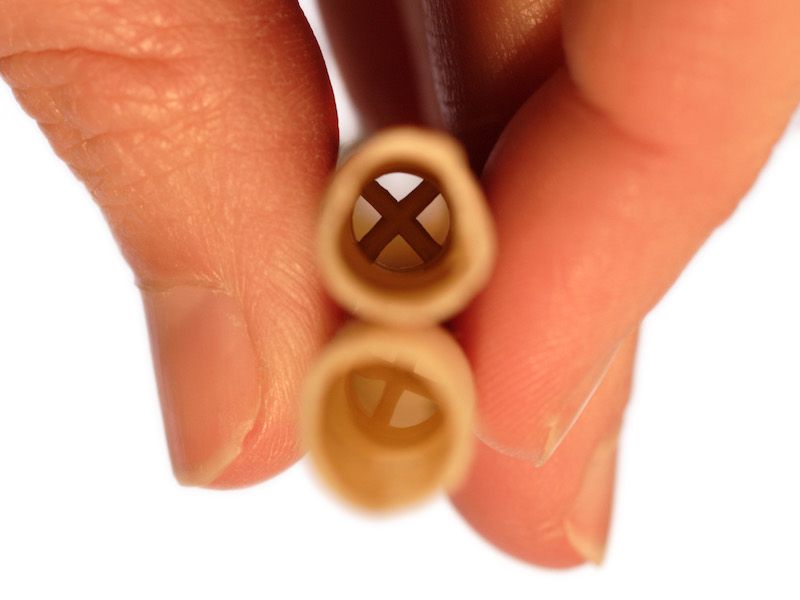
In some communities, the practice called “ear candling” is persistently thought to be an effective way to decrease earwax. What is ear candling, and is it effective?
Earwax Candles, do They Work?
Spoiler alert: No. They absolutely don’t work.
Why then do otherwise rational people persistently accept in this pseudo-science. That’s a hard question to answer. But even though the sensible choice is pretty obvious, learning more about the risks of earwax candling will help us make an informed choice.
What is Earwax Candling?
So the basic setup goes like this: Perhaps you’re not certain how to eradicate all your built up earwax. You’ve read that it’s risky to use cotton swabs to clean your earwax out. So, after doing some investigate, you find a technique known as earwax candling.
Here’s how earwax candling allegedly works: By jamming a candle into your ear (wick side out), you cause a pressure differential. This pressure differential then sucks the wax out. Any wax that might be clogged up in your ear can, in theory, be pulled out by this amount of pressure. But this dangerous technique is not a smart method of cleaning your ears.
Why Doesn’t Ear Candling Work?
There are a few problems with this practice, like the fact that the physics simply don’t work. There’s simply no way for a candle to produce that type of pressure differential (and in order to move earwax around, that pressure difference would need to be pretty substantial indeed). Second, creating that type of pressure difference would require some kind of seal, which doesn’t happen during candling.
Now, there are supposedly special candles used in this “treatment”. When you’re finished with your fifteen minutes of ear candling, you can break apart the candle and, in the middle, see all bacteria, debris, and wax that was in your ear. The only problem is that the same debris shows up in both burned and unburned candles. So the whole process amounts to fraud.
Scientific research has never been able to prove any benefit regarding earwax candling.
So we Know Ear Candling Doesn’t Work But Dangerous is it?
What’s the danger in trying, right? Well, whenever you get hot candle wax around your ears, you’re asking for trouble. You may be fine if you try earwax candling. People do it all of the time. But that doesn’t mean there aren’t hazards involved, and it definitely doesn’t imply that ear candling is safe.
Here are some negative impacts of ear candling:
- You might cause serious injury when you play around with an open flame and potentially even put your life in danger. You wouldn’t want to burn your house down, would you? Eliminating a bit of earwax isn’t worth that amount of danger and risk.
- Once the wax cools down it can block your ear canal. You could end up temporarily losing your hearing or even requiring surgery in severe cases.
- Your ear can be severely burned. When melted candle wax goes into your ear, it can lead to serious hearing issues and burns. In the most serious cases, this might permanently damage your hearing.
You Can Keep Your Ears Clean Without Needing a Candle
Most people will never truly have to worry about cleaning earwax out of their ears. That’s because your ears are actually pretty good at cleaning themselves! However, there are a few people who will have unusually heavy earwax production or accumulation to contend with.
If you do need to clean your ears out because of excessive wax, there are scientifically-proven (and effective) means to do that safely. You could use a fluid wash, for example. Or you could see a specialist who will be able to use specialized tools to get extra wax or wax blockages out.
Cotton swabs are definitely a no-no. And open flames are not ok either. Earwax candling doesn’t work, and it can create dangers that will put your comfort and your hearing in significant jeopardy. Try burning candles for their sent or for enjoyment but not as a means to clean your ears.